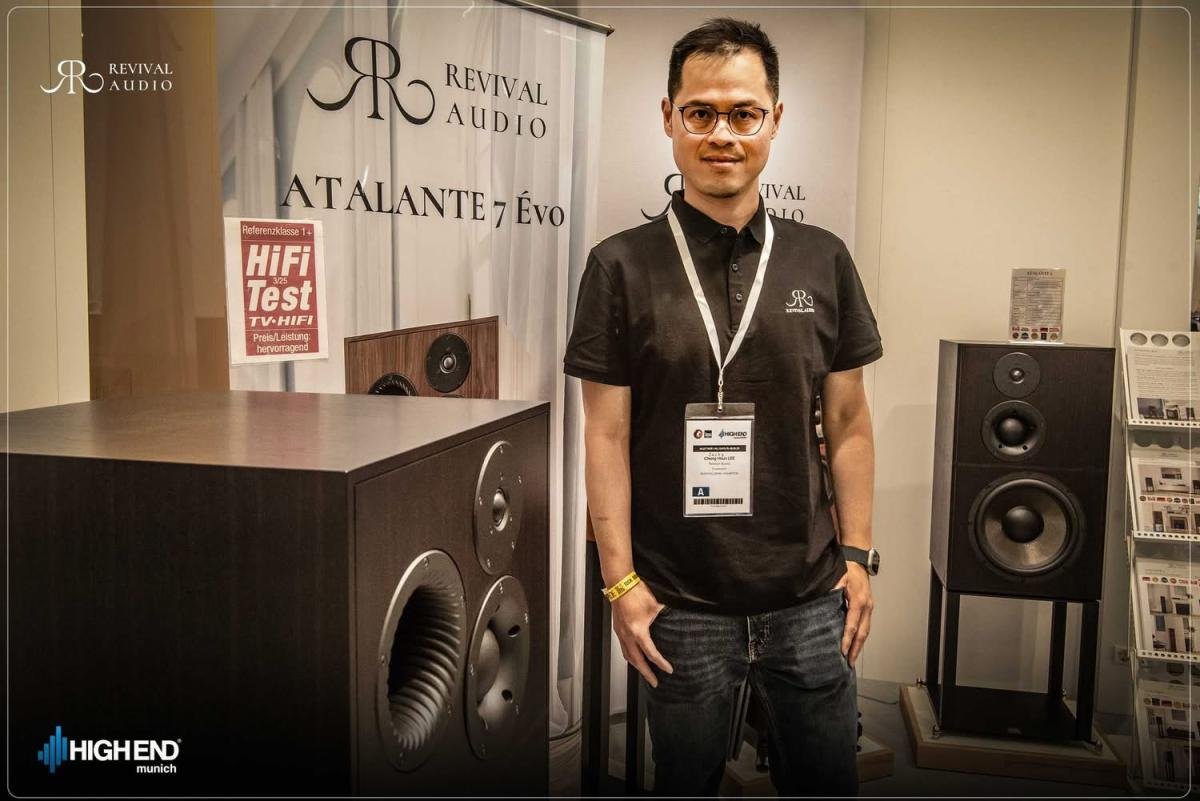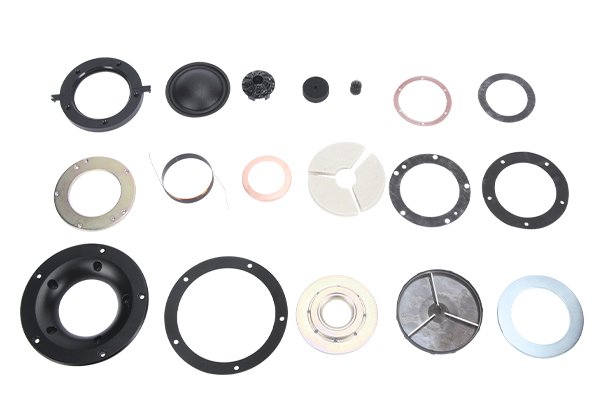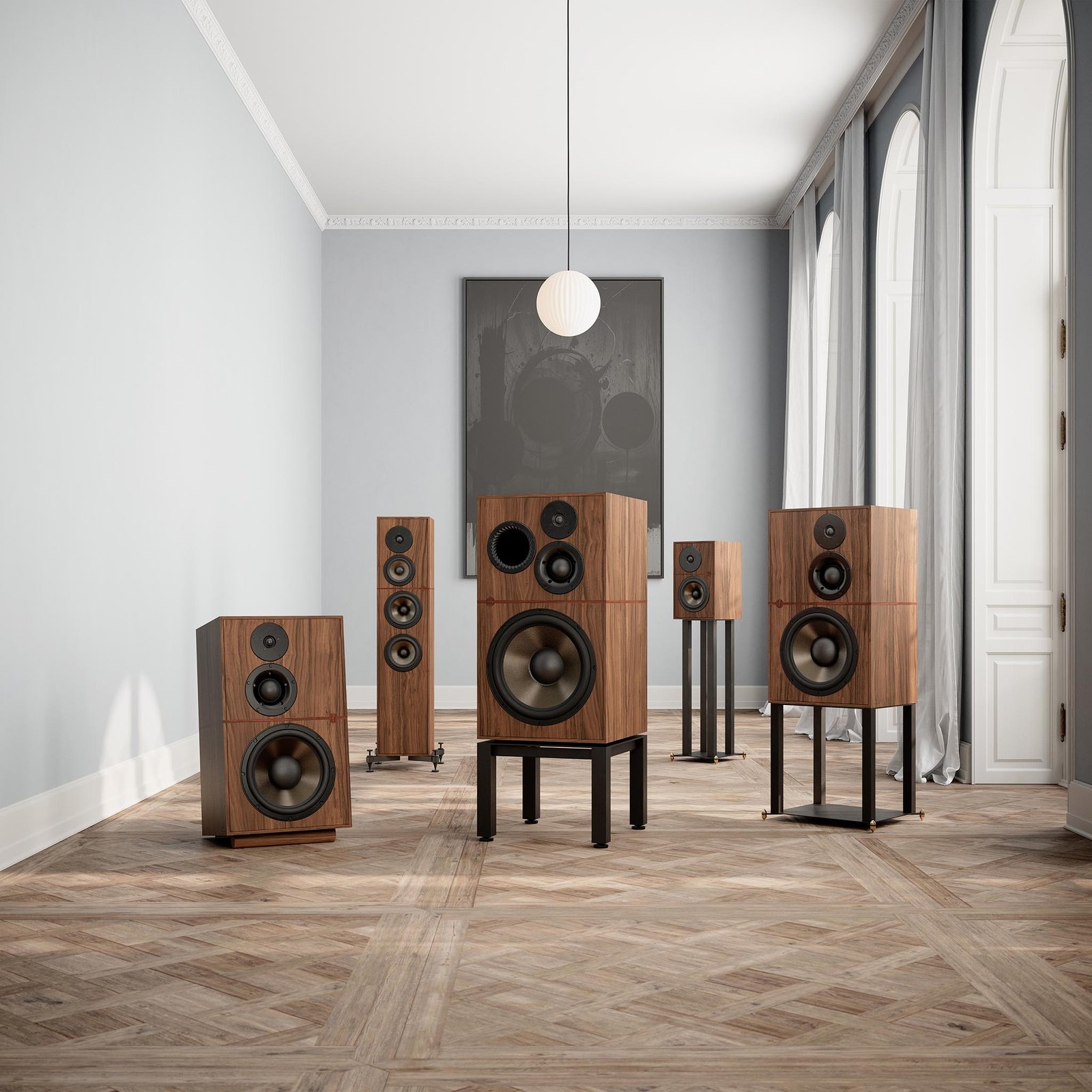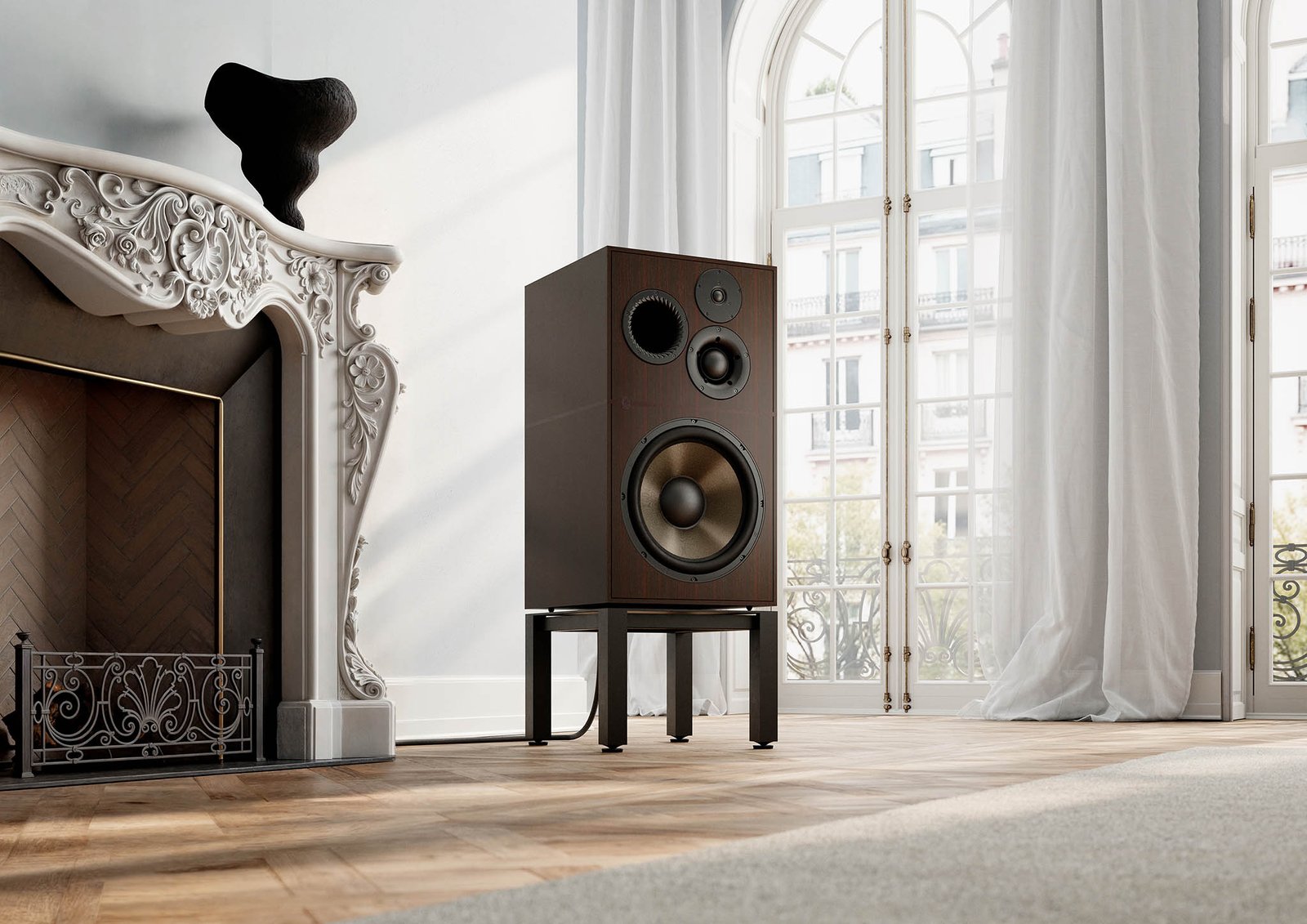- Home
- About us
- Blog
- Shop
- Brands
- ALL Brands List
- Analog Relax
- Antipodes Audio
- Audio Solutions
- AudioByte
- AudioCircle
- Audiomica Laboratory
- Canary Audio
- Canor Audio
- Chameleon Audio
- Dan D'agostino
- Eversolo
- Ferrum Audio
- Fezz Audio
- Glanz
- HiFiMAN
- HoloAudio
- LAB 12
- LAIV
- LampizatOr
- Magico
- Mega Acoustic
- Monrio Audio
- Origin Live
- Phasemation
- Pink Faun
- PLiXIR
- Qualiton
- Reed
- Remton
- Revival Audio
- Riviera Audio
- Rockna Audio
- Sbooster
- Shelter
- Sigma Acoustics
- Signal Projects
- SOtM Audio
- SPEC
- Takatsuki
- Takumi
- Tedeska
- Tellurium Q
- Trafomatic Audio
- Tsakiridis Devices
- Volumio
- Sales
- Second Hand Deals
- Account

Interview with Jacky Lee from Revival Audio by ReMusic
Today we’re interviewing Mr. Jacky Lee, CEO of Revival Audio and “partner in crime” to his associate Daniel Emonts, a well known Master Engineer in the industry for more than 30 years. As the bio on the Revival Audio website states, Mr. Lee is “a Swiss-based Taiwanese, multi-talented Strategist Executive, who built many successes with the top-tier Danish Hi-Fi brands, IBM, and L’Oréal.” The company they founded in 2021 has, in just a few years, captivated the audiophile public with its technically innovative yet highly emotionally engaging speaker designs. I had already listened to and appreciated the Revival Audio Atalante 3 and Atalante 5, but I was truly captivated by a quick comparison at the latest High End show in Munich with the new Revival Audio Atalante 7 Évo, their flagship and reference model introduced in March this year, see its intro movie here. So, I thought I’d ask Mr. Lee a few questions, and he kindly agreed to reply.
Question: Obtaining complete speakers is still and always a matter of audio engineering, of physics. Compared to when Hi-Fi was born, there are fewer people interested in having complete, i.e. large, speakers. Houses are smaller, interest has decreased, there is less social consensus, there is less economic availability, Hi-Fi is no longer a trend that drives consumerism. This has led: even from the 80s onwards: to the creation of a “two ways aesthetic”. Many think that the sound of bookshelf speakers, whether pumped or limited, is the real sound. Or that’s enough for them. So, welcome to your bigger three ways loudspeakers…
Jacky Lee: We agree that the loudspeaker market has shifted toward more elegant, slim designs—especially as people live in smaller spaces and lifestyles become faster-paced. But from our experience, full-size loudspeakers are still incredibly relevant—and even increasingly appreciated.
The classic, old-school speaker form is actually back in trend. Many customers are looking for that vintage charm, but they don’t want old sound—they want modern performance wrapped in timeless aesthetics. That’s where we come in.
At Revival Audio, our mission is to revive not only the performance of high-end loudspeakers, but also the ritual and culture of deep listening. This is, quite literally, the reason behind our name. The Atalante 7 Évo is a bold expression of this goal: a large, elegant, three-way loudspeaker that blends legacy style with cutting-edge technology and musical soul.

Question: In this historical period there are more loudspeaker drivers and loudspeakers than have ever been available. I have not counted them but since several years ago it has been said that their sum exceeds that of all the other components or devices in the Hi-Fi chain, understood as sources of all genres and models or types of amplification. You can find loudspeaker drivers of all characteristics. Of all performances. Of all prices. What have you not found in the availability of the market? What were you looking for and did not find? What drove you to produce new loudspeaker drivers and with a proprietary design?
Lee: It’s true—there are thousands of drivers available on the market, at every price and every configuration. But we couldn’t find the specific combination of performance, behavior, and emotional character we were looking for. That’s why we decided to develop our own from scratch.
Not every manufacturer has the ability to develop a driver from scratch—whether due to lack of experience or insufficient resources. Fortunately, we have both. And that’s one of our biggest differentiators.
We wanted more than “good specs.” We wanted full control over every parameter—materials, geometry, mechanical damping, magnetic behavior, and how they interact in a real acoustic system. Because we engineer everything in-house, we’re able to achieve something more personal, more coherent, and ultimately more musical.
The result speaks for itself. Our sound signature is identifiable, refined, and emotionally engaging—which makes Revival Audio stand apart in a very crowded field.
Question: RASC drivers are your patent. What were you looking for to obtain your sonic “blend”? The same efficiency between frequencies? The minimum distortion? The most advanced specialization between the different types of loudspeaker drivers divided by frequencies? The power handling? The frequency extension, the absence of distortion and therefore of listening fatigue, the operation of the loudspeaker drivers in their “comfort zone”? In short, what is your “sound recipe” in terms of loudspeaker drivers?
Lee: RASC is our proprietary platform, and it reflects years of know-how. Our aim is to strike the perfect balance between high performance and musicality:
- very low distortion and breakup behavior
- optimized frequency extension and off-axis response
- smooth impedance behavior for easier amplifier matching
- comfort-zone operation: drivers don’t need to be pushed to the limit
- high microdynamic precision to capture emotional detail
It’s not just about being “accurate.” It’s about making music come alive. We combine science and emotion in every engineering choice, and that’s what defines our sound recipe.

Question: There is a lot of talk – finally – about a return to a certain type of “sound” from times gone by. It is sometimes defined as a “vintage” sound. You were among the first to seek it, in your own way. How would you define it? What characteristics should it have? What was or is missing in your opinion in the sound of more “modern” or current speakers?
Lee: We don’t like calling it “vintage,” because it’s not about going backward—it’s about recovering what was good and true. Modern speakers can sometimes sound overly sterile, overly analytical. We wanted to bring back warmth, presence, and body—without sacrificing resolution and clarity.
What’s missing in many modern designs, in our view, is a sense of soul. Our speakers aim to restore that balance: detailed but never fatiguing, expressive but never bloated. In short: speakers that help you connect with music, not just analyze it.
Question: IMHO, a frequency curve with about plus three dBs on the bass, a linear midrange and slightly decreasing treble, always about three dBs, is still one of the best technical, i.e. measured, indications of “good sound” when listening. Do you agree? Do you adopt it? To what extent, how and where, in your opinion, should a good speaker when listening deviate from the “perfect measures”?
Lee: We agree that a slightly warm bass, a neutral midrange, and a gentle treble roll-off can result in a very musical and pleasing experience. But we also believe that measurements should serve listening, not replace it.
For us, measurements are critical—but they’re only the starting point. The final tuning is always done by ear, across many genres and in different room types. So yes, sometimes we slightly deviate from the “perfect curve” to achieve what feels right.
For example, the Atalante 5 doesn’t follow a textbook measurement curve—but it has received overwhelming acclaim for its musicality, emotional touch, and ease of listening. That’s the kind of balance we strive for: technically sound, but tuned to move people.
Question: High Sensitivity/Efficiency VS Low Sensitivity/Efficiency. Which approach wins? Maybe as in the Latin sentence “In medio stat virtus”?
Lee: There is no absolute winner. High sensitivity has clear benefits: easier amplifier matching, better dynamics. But low sensitivity often gives you more bandwidth, lower distortion, and better control.
That’s why we don’t focus only on the number—we focus on behavior. A well-behaved speaker with stable impedance and low distortion will perform better in the real world than one that chases extreme specs but sacrifices consistency.
Question: In general, Revival Audio loudspeakers are priced lower than most of the equivalent market ones: do you also think that Hi-End is a “negative drift” of Hi-Fi?
Lee: We believe that true high performance doesn’t need to come with inflated prices. Our team has worked in the top tier of the industry, and we know where costs make sense—and where they don’t.
We design and manufacture with purpose. By keeping things in-house and focusing on meaningful innovation, we deliver products that perform above their price class. To us, hi-end should mean high emotional impact and honest engineering—not just luxury for its own sake.
Our focus is the sound. We’re practical in many aspects and avoid making “fancy claims” that don’t bring real value to music reproduction. We appreciate that our listeners resonate with this philosophy, because music is, at its heart, about emotion and connection. Our motto—”Listen to the Next Level”—is not just a slogan, it’s our mission.

Our vision is to create great products that deliver great music for passionate listeners. In doing so, we hope to revive the culture of serious listening and elevate everyday life through the joy of sound.
The Atalante 7 Évo is our answer to this philosophy: a speaker that’s built to perform like the best, priced to be within reach of serious listeners.
-by Giuseppe Castelli
